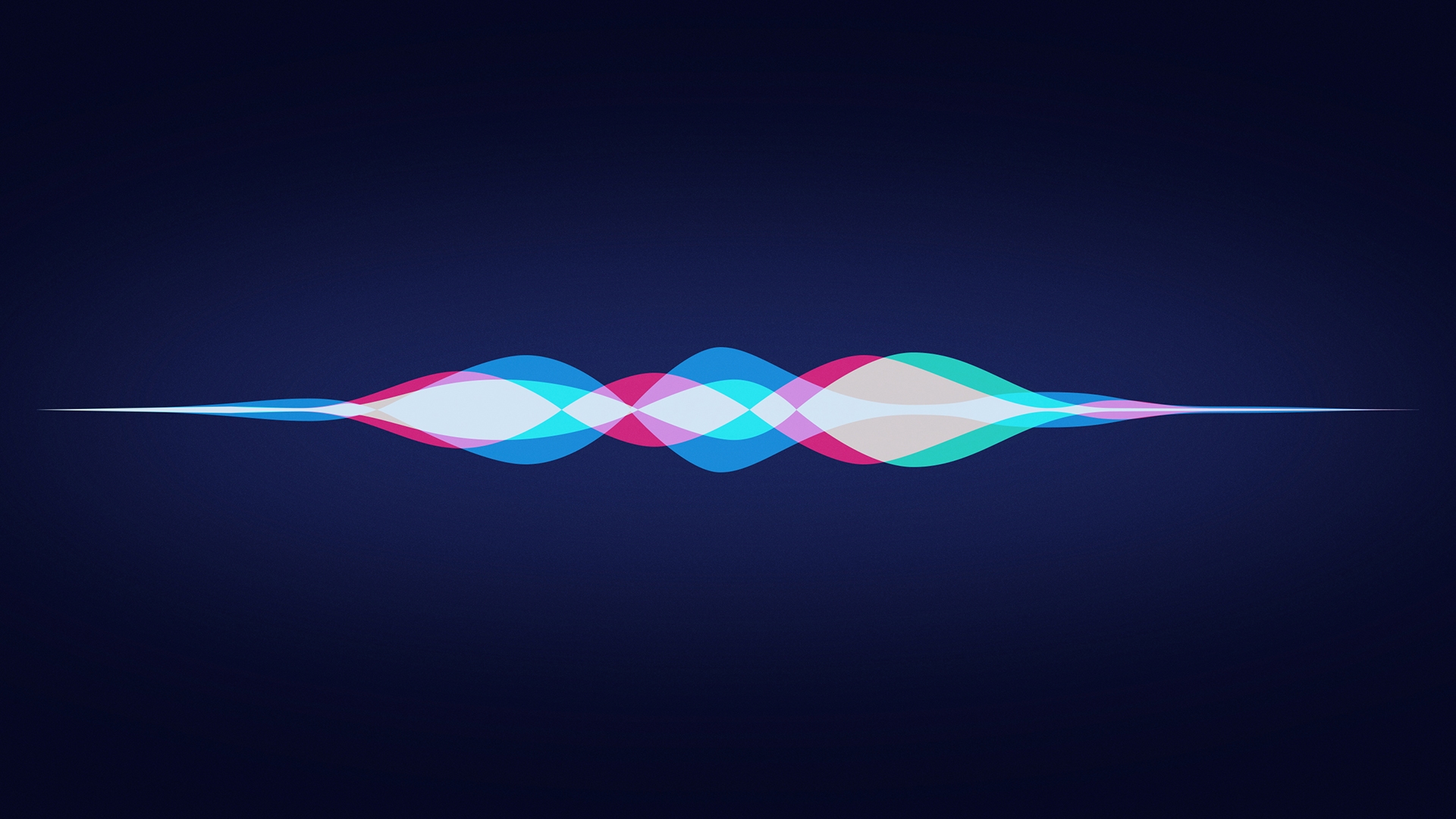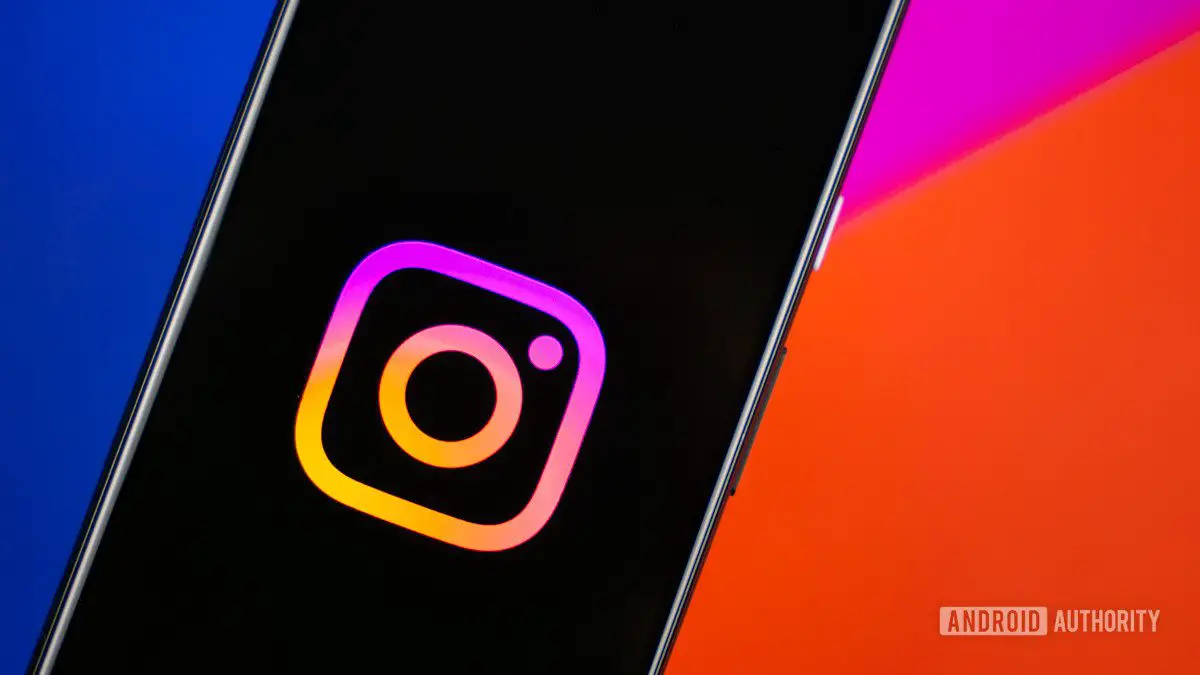Apple is about to enter the world of AI – and nothing will ever be the same
WWDC24 is almost here and everyone expects it to be all about AI. As the eyes of the tech world turn to Apple, there’s a lot of work to be done. It should establish that it has been working on AI features for years, introduce new features, catch up on competitors’ AI features, and perhaps […]

WWDC24 is almost here and everyone expects it to be all about AI. As the eyes of the tech world turn to Apple, there’s a lot of work to be done. It should establish that it has been working on AI features for years, introduce new features, catch up on competitors’ AI features, and perhaps even take the opportunity to show where it places the bar higher.
But this is not just an opportunity for Apple to show that it is doing the job well when it comes to AI. This is also an opportunity to redefine the AI debate to make it more substantive and results-driven – and, of course, to make Apple look better while doing it.
Adult in the room
Let’s be real: for all its promise, the last few years of AI have also been something of a disaster. Racism, bias, more bias caused by anti-bias training, recommendations to eat rocks or add glue to pizza: there’s a constant beat of stories about all the ways AI is failing to spectacular way.
It is, to put it bluntly, the fault of a technology industry that has gotten the upper hand on its skis. In a rush to compete, companies roll out features that sound like brilliant science fiction, but which disintegrate into embarrassing, substandard features so immediately that the failures are often literally contained within the product’s introduction. -even.
But behind this wave of unreliable garbage, amazing capabilities are emerging from the use of AI models. Apple has the chance to present itself as the adult in the room, a company committed to using AI for features that improve the lives of its customers, without competing to perform the best non-reproducible magic trick on stage.
In doing so, it risks being perceived as outdated and behind schedule. But if Apple can see past the tech industry’s latest hype cycle — and it’s generally good at it — it can bet that iPhone users will be more interested in actual features than low-key nonsense. practice.
In the wrong way
Historically, Apple has been a company with a very strong philosophy when it comes to new technologies: they should be applied to solve real people’s problems. Historically, most tech companies have had this situation in reverse: They take delivery of a cool new technology fresh off a manufacturer’s conveyor belt and integrate it into a product. The result tends to be products that are solutions desperate for problems.
The current AI hype reeks of this particular stench. This is an opportunity for Apple to focus on using AI technology to solve real problems and surpass those solutions while bragging about using AI to solve them.
Apple’s chips have had neural engines for years before other companies started having them. How many people really understand that it is used for AI functions?
Apple
The truth is that Apple has been doing this for ages. It’s been using the phrase “machine learning”, recently abandoned because AI is the catchphrase of the moment, to analyze and process images in the Photos app for almost a decade. AI features already permeate Apple products, and the company has been offering AI-enhanced Apple-designed processors – the Neural Engine, you know – ever since. years NOW. Given how long it takes to design and manufacture microprocessors, that means Apple has been preparing for this moment for a long time.
But now he has to live up to it.
Watch out for a mistake
The sign that Apple is “behind the times” when it comes to AI is that it has completely missed the boat on the craze for AI chatbots and content generation. According to reliable reports, the company was taken aback by the rise of these tools and rushed to catch up.
This is not the warning sign I would point out, however. Rather, it seems like a symptom of a larger problem within Apple, which is that the company can be incredibly conservative when it comes to certain types of technology, including AI features. You may have noticed that Apple has a bit of a control freak side: it really wants to have complete control over the user experience. The more you give free rein to an AI feature, the more unpredictable it can be.
This has led some areas of Apple to resist many AI technologies because they simply aren’t controllable. And I think it’s a good impulse, in general! Tech sites freak out when literally everything Apple ships has a problem, even if it’s a handful of faulty iPhones that make strange noises or have green glare on their screens. By being conservative, Apple has spared itself from many negative headlines about an “AI door” here and there.
But… this cautious approach probably also explains why Siri is generally considered dull at best and embarrassing at worst. More than five years ago, Apple hired Google’s head of AI and put him in charge of Apple’s AI efforts. And yet, here we are, five years later, and everyone is demanding that Apple explain itself next week.
I have to think that one of the reasons Apple is in this situation is that it has been reluctant to enable certain AI features. Obviously, there was a review a year ago, and we’re about to see the outcome.
Features matter
I think Apple probably needed this kick in the pants from the rest of the tech world. The company operates optimally when it is under competitive pressure. She takes great pride in operating at the cutting edge of technology, but with better approaches than its competitors.

Siri was introduced 13 years ago and was the precursor to Apple’s AI efforts. Instead, it symbolizes how insufficient Apple’s efforts have been.
Apple
This is what Apple’s announcements should be. Instead of chasing ridiculous demos, you have to remember that it’s about building solutions to real problems. The features it builds matter because its customers don’t really care if Apple checks the “has AI” box or tracks the tech industry rankings. They want to be able to remove something annoying from the background of a photo, get a clear summary of their notifications in Focus mode, or ask Siri something and get a clear answer without getting frustrated.
As you watch the WWDC keynote and read reactions to the announcements here and around the web, keep this question in mind: Will this make iPhone, Mac, or iPad users happy ? Or is it simply to appease investors, journalists and other tech industry insiders? The more Apple does first thing, the better its announcements will be in the long run.














